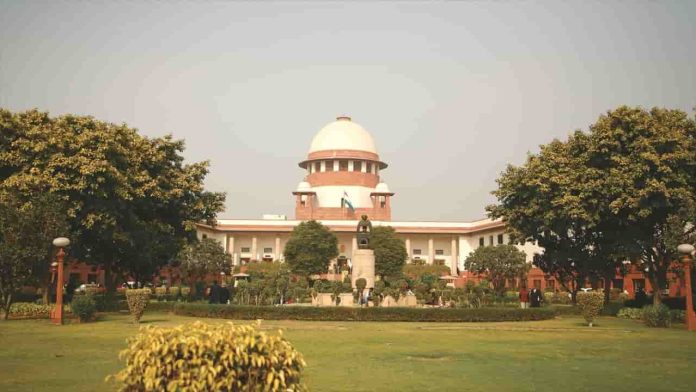The Supreme Court on Friday granted interim protection from arrest to journalists Ravi Nair and Anand Mangnale, who were issued summons by the Gujarat police over an article they wrote about the Hindenburg Research report and Adani Group of companies.
The Bench of Justice B.R. Gavai and Justice Prashant Kumar Mishra passed the order on writ petitions filed by Nair and Mangnale through Advocate-on-Record Paras Nath Singh, challenging the summons issued by the Ahmedabad Crime Branch.
The Ahmedabad Police had summoned the journalists to appear in person for questioning with respect to the police’s preliminary probe into their critical article published on the website of the Organised Crime and Corruption Reporting Project (OCCRP).
The Bench asked the petitioners about the reason to move the Supreme Court directly.
Appearing for the journalists, Senior Advocate Indira Jaising submitted that the notices were completely without jurisdiction. The petitioners could not be driven to go to that place.
She further questioned the authority of law under which the Gujarat police issued summons to the petitioners, pointing out that Gujarat police had informed Nair and Mangnale that the question of registering an FIR would not arise at this stage.
She said if the notices had been issued under Section 160 of the Code of Criminal Procedure, under which police officers can compel the attendance of witnesses, they were liable to be set aside on grounds of lack of jurisdiction.
Since the petitioners’ residence was in Delhi, the jurisdiction of Gujarat police did not extend to Delhi, she added.
Pointing to non-registration of an FIR, Jaising said the notice could not have been issued under Section 41A of CrPC, adding that there was no third category.
Jaising pointed out that the notices were issued purportedly in connection with a preliminary inquiry instituted to probe into the article, on the basis of an investor’s application.
She apprised the Apex Court that the petitioners had not been provided with copies of the application that the summons referred to.
She said the journalists were neither informed about the legal provisions invoked to issue the notices nor whether a first information report (FIR) was pending against them in connection with these notices.
When the petitioners wrote to the Ahmedabad crime branch seeking additional information, they were told that the documents sought would be provided when they appeared for questioning, added the Senior Counsel.
Calling it pure ‘harassment’ and a ‘prelude’ to a possible arrest, Jaising asserted that there was no authority to summon the journalists and that these summons were a violation of their rights under Article 21 of the Constitution.


